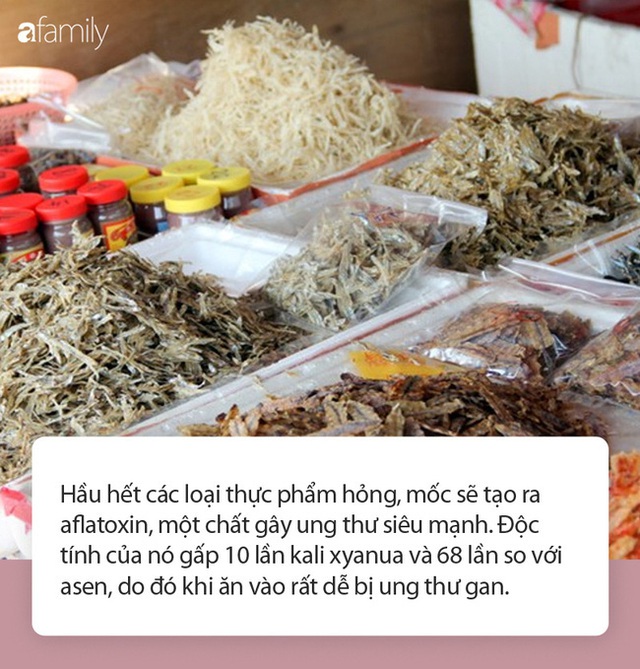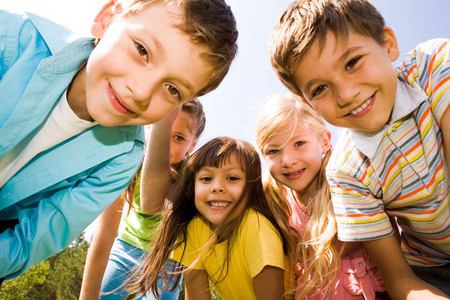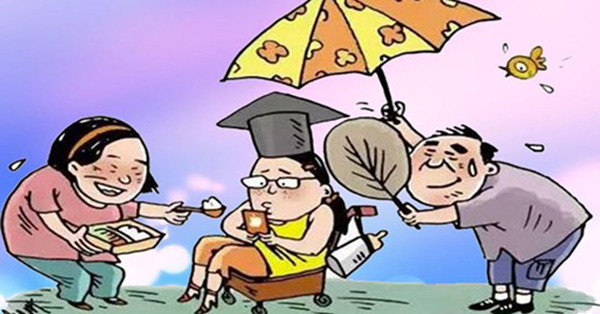Child abuse is a silent epidemic
No one wants to believe they or their neighbor or a relative is putting children in harm's way, but child abuse happens at an alarming rate. According to ChildHelp.org, over 3 million reports of child abuse are made every year in the United States, with many of these reports including multiple children. In 2007, approximately 5.8 million children were involved in an estimated 3.2 million child abuse reports and allegations.
The statistics are startling:
- Almost 5 children die every day as a result of child abuse; more than 3 out of 4 of these children are under the age of 4.
- It is estimated that between 60 to 85 percent of child fatalities due to maltreatment are not recorded as such on death certificates.
- A report of child abuse is made every 10 seconds.
- 90 percent of child sexual abuse victims know the perpetrator in some way; 68 percent are abused by family members.
- Child abuse occurs at every socio-economic level, across ethnic and cultural lines, within all religions and at all levels of education.
- 31 percent of women in prison in the United States were abused as children.
- Over 60 percent of people in drug rehabilitation centers report being abused or neglected as a child.
- About 30 percent of abused and neglected children will later abuse their own children, continuing the horrible cycle of abuse.
- About 80 percent of 21 year olds that were abused as children met criteria for at least one psychological disorder.
- The estimated annual cost resulting from child abuse and neglect in the United States for 2007 is $104 billion.
- Abused children are 25 percent more likely to experience teen pregnancy.
- Children who experience child abuse and neglect are 59 percent more likely to be arrested as a juvenile, 28 percent more likely to be arrested as an adult, and 30 percent more likely to commit violent crime.
- Children who have been sexually abused are 2.5 times more likely develop alcohol abuse.
- Children who have been sexually abused are 3.8 times more likely develop drug addiction
- Nearly 66 percent of the people in treatment for drug abuse report being abused as children.
Source: ChildHelp.org
Child Abuse hits close to home
With the incidence of child abuse and neglect increasing, chances are great it will impact your life, perhaps even in your own family or neighborhood. Staying silent isn’t the answer. Yvette McGee Brown, president of the Center for Child and Family Advocacy (CCFA) at Nationwide Children's Hospital, is not only helping families cope with stressful and potentially dangerous situations, she also recommends loved ones of abusers or potential abusers to step forward and help protect the children.
“Always remember that your loyalty has to be to the child,” says McGee Brown, who has seen a 40 percent increase in child abuse and neglect cases at Nationwide Children’s Hospital in the last two years. “Many times people don't intervene because they don't want to offend the parent. This child doesn't have the ability to remove themselves from a potentially dangerous situation. So if you think Mom is at the breaking point, you need to step in and get her help or make a confidential call to your local children's services agency.”
Post-holiday stress and economy can increase risk of child abuse
Though the holidays are – often, in fun – notoriously referred to as the most stressful time of the year, the post-holiday season is when stressful situations can really climax.
“In January, the snow comes, bills arrive and the economic realities that were put on hold for a couple of weeks reappear and may be worse as a result of holiday spending, thus increasing stress and causing parents to be short tempered and more likely to strike their child,” explains McGee Brown. “I don't think we can say there is a rise in abuse after holidays but the stress from the holidays can certainly increase the potential for abuse.”
What parents are most at risk of abusing
You may think abuse only happens “across the tracks,” but child abuse knows no boundaries. It can happen across town, next door or even in your own home.
According to McGee Brown, there is no stereotypical mom or dad. However, she says some parents are more at risk than others: “Signs to look for are parents (mom or dad) who are unemployed; have had significant life stressors; are or feel isolated; have substance abuse problems; are living with inadequate income or housing; display poor coping or parenting skills; and/or have a history of domestic violence or mental illness.”
Tips to diffuse anger and the potential for abuse
Anger is a normal human emotion that can be experienced and expressed on a range from mild displeasure to intense fury and rage. The key to avoiding the displacement of anger onto a child – or any other person for that matter – is to learn how to turn the anger down.
McGee Brown suggests the following tips to diffuse anger the potential for hurting your child:
- Take a few deep breaths. Remember, you are the adult.
- Close your eyes and imagine what your child is about to hear.
- Press your lips together and count to 10.
- Put some space between you and your child.
- Turn on some upbeat music and sing along.
- Drink a glass of cold water.
- Call a friend.
Instead of reacting violently, think before you act. It will not only protect your child, it is the first step in teaching yourself how to appropriately and more constructively cope with anger.
Tips for loved ones of over-stressed parents
If you suspect someone you know – be it a friend, relative or neighbor – is experiencing a great deal of stress, offer your time and help to relieve some of that stress.
McGree Brown says, “We encourage people to be willing to give [mom or dad] some down time; offer to take the kids for a few hours; send over some prepared meals; visit with mom and give her some grown up time; keep in touch with her by phone or email, especially now that the weather is inhospitable.”
Get help and Stop the abuse
If you find that you can’t cope with your stress and take it out on your children, you need to seek professional help. “Parents will not be able to stop on their own until they understand why they are hurting their children,” warns McGee Brown. “The best thing for them to do is to reach out to another trusted adult for help. There are nonprofit agencies in every community that can provide resources.”
In McGee Brown’s experience, oftentimes abusers have themselves experienced abuse as a child or in a domestic relationship. “Parents need to seek help for themselves and get help for their children,” she emphasizes. “Children bear not only physical scars from the abuse but emotional ones as well.”
If child abuse has become part of your coping skills or you are afraid that it might, please reach out to a family therapist or support group in your area. But, most importantly, don’t be afraid or ashamed to ask for help.
For your loved ones or people you know that are abusing their children, McGee Brown adds, “Contact the local child welfare agency and/or attempt to remove the children to prevent abuse if you can do so safely.” Safely is the operative word, here. Don’t put yourself in danger; contact the authorities, who are trained to handle these situations.
Bài mới hơn: |







